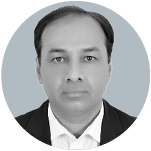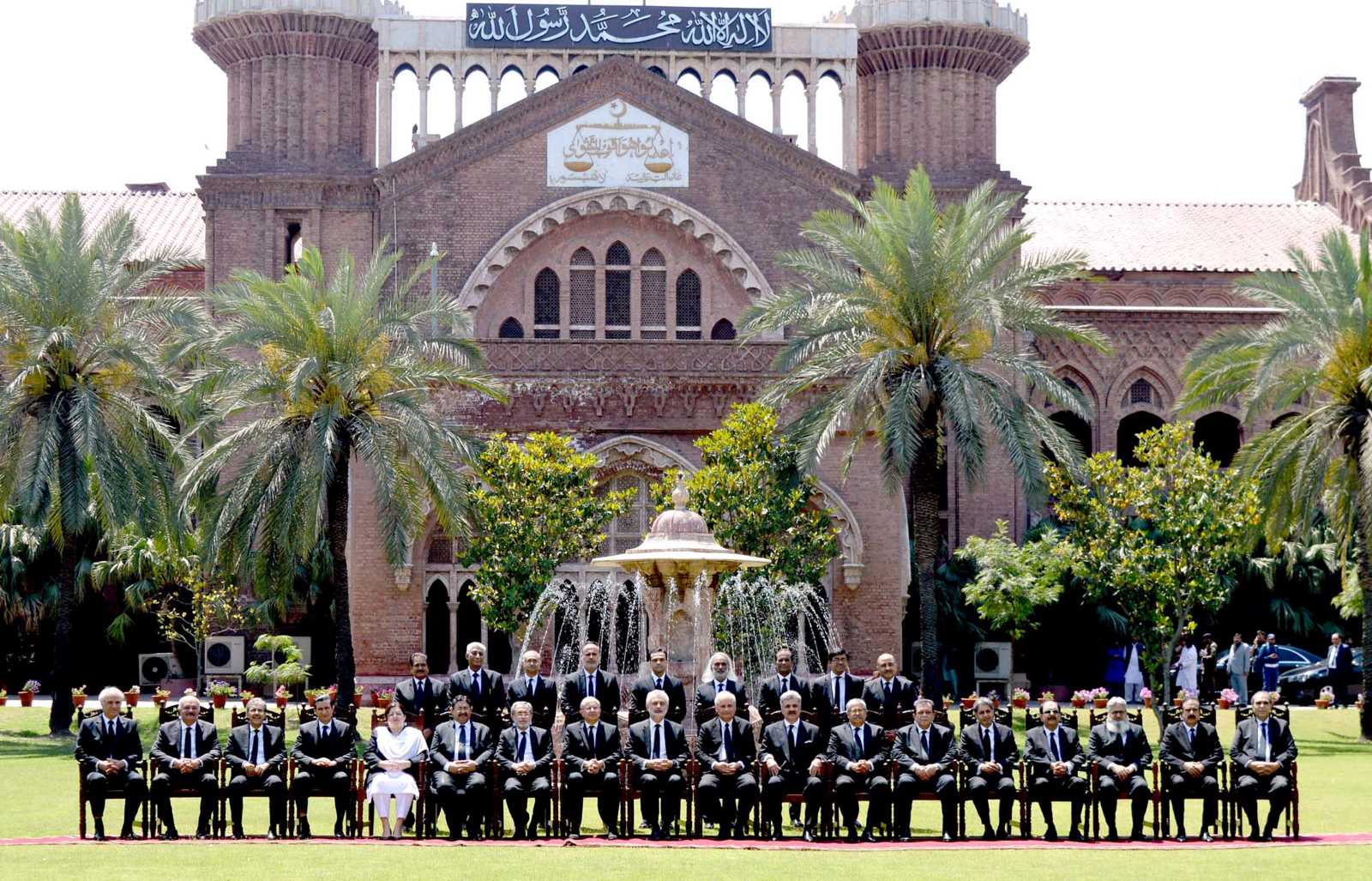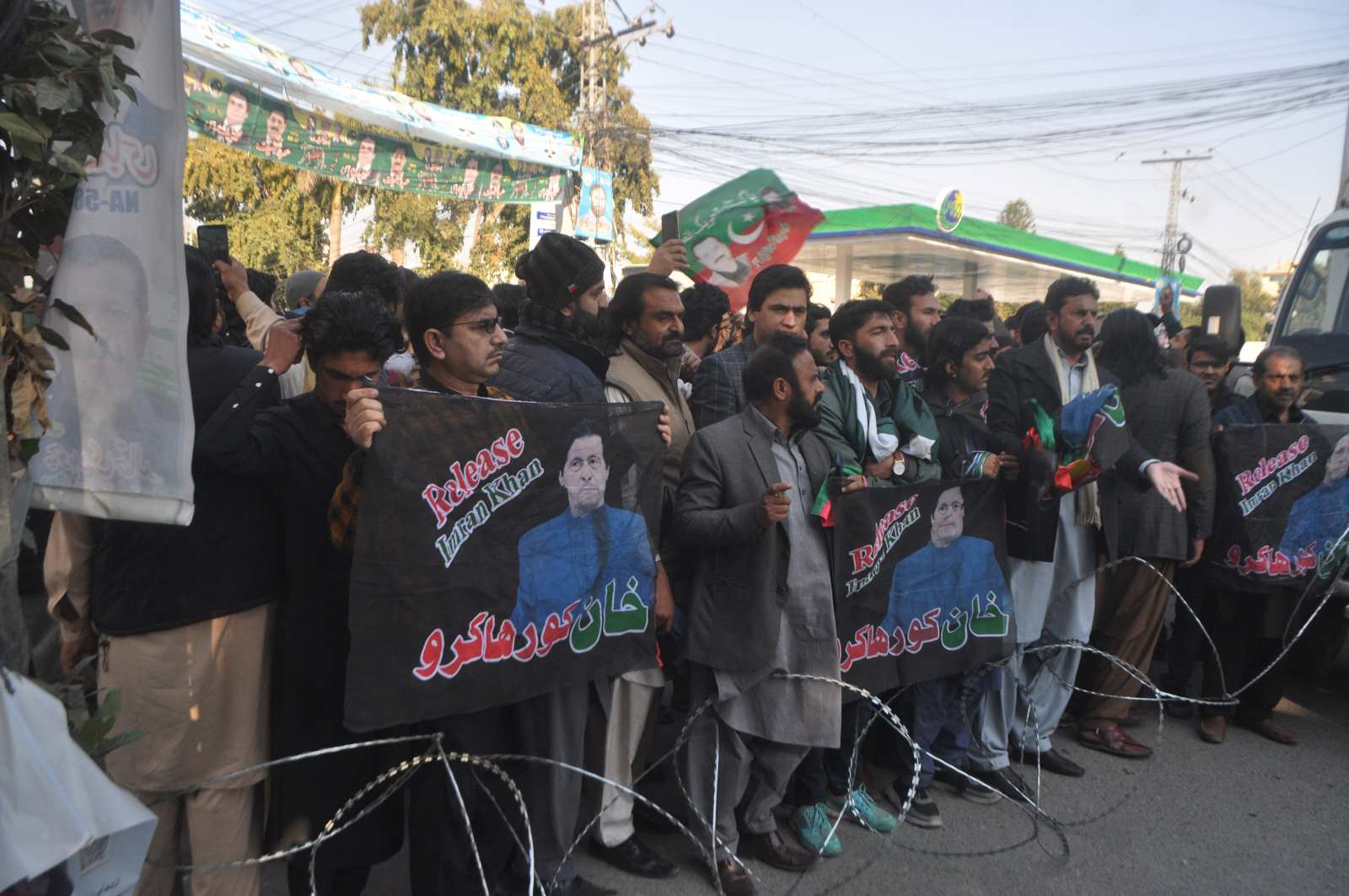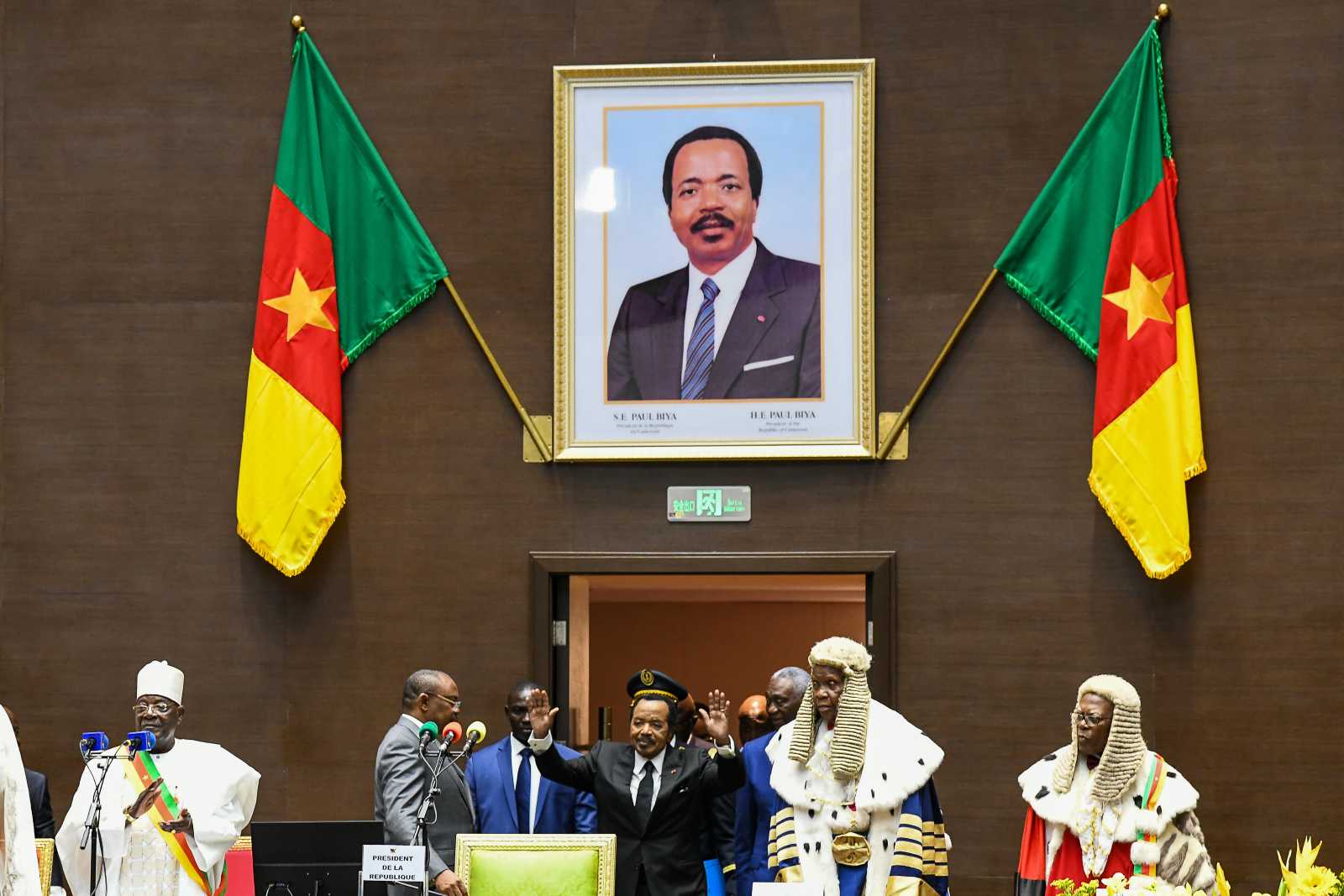Constitutional law
Pakistan’s Supreme Court has been defanged
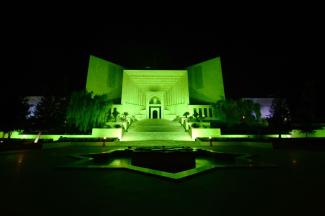
Pakistan’s Supreme Court (SC) has a history of putting a check on government action. In several cases, it has insisted on constitutional principles and ruled against national and provincial governments. By setting precedents like that, it has encouraged lower courts to place state agencies under judicial review as well. Pakistan’s higher judiciary thus has a history of ruling against the country’s powerful military (see essay by Muhammad Nawfal Saleemi on page xx of this e-paper) from time to time.
In future, the judiciary will be less likely to act assertively. The reason is that the government, which is backed by the generals, has managed to pass constitutional amendments which allow politicians to pick leading judges. Earlier, that had been the task of a judicial commission which was bound by seniority and consisted mostly of judges.
The constitutional package was rammed through in haste. The government only managed to get enough votes in both chambers of Parliament just in time to prevent Syed Mansoor Ali Shah from becoming chief justice. He is known to be independent minded and would have been next in line. After the reform, however, a new Special Parliamentary Committee has chosen the new chief justice from among the three most senior judges. Instead of Ali Shah, Yahya Afridi will thus be sworn on 26 October.
Pakistan is struggling with a deep economic crisis and serious security issues. Its multi-party coalition government took office after a general election in February in which supporters of Imran Khan, a controversial former prime minister, won the most seats, though not a majority. After the event, there were serious accusations of rigging. The government thus had reason to fear that the SC might nullify the result under the leadership of Ali Shah.
Observers fear the amendments will have further impacts. Political repression is currently increasing in Pakistan. Imran Khan has been imprisoned for many months, and many say on trumped up charges. Some of his party’s leaders are also in jail or in hiding. Political activists, social-media influencers and even opposition lawmakers have mysteriously disappeared. Some later reappeared thanks to a court intervention. Such interventions will probably become rare in the future, and perhaps will not happen at all anymore.
New constitutional benches
The reason is that the amendments have stripped the Supreme Court and the provincial High Courts of their jurisdiction over matters with political implications. The reform introduces new constitutional benches at the SC and HCs, which, for all practical purposes, will operate as separate judicial entities. A modified Judicial Commission with stronger representation of the government and headed by the SC chief justice, moreover, gets to decide who sits on those benches. In other words, the government will directly and indirectly determine the persons who will monitor its actions for judicial purposes.
Those persons will thus no longer be truly independent, bound only by the law. They are more likely to be careerists who have a history of trying to please those in power in the hope of being appointed to constitutional benches at some point in time.
It always raises suspicions when a government insists on modifying constitutional amendments that weaken judicial independence. That is especially so when that government has reason to fear court interventions itself. Making matters worse in Pakistan this time, the details of the amendments were only made public very late, so broad-based democratic debate of fundamental changes was impossible. To many citizens, what happened looks like a power grab.
According to the International Commission of Jurists, the amendments have indeed defanged Pakistan’s judiciary. “These changes bring an extraordinary level of political influence over the process of judicial appointments and the judiciary’s own administration,” Santiago Canton, the secretary general of this non-governmental organisation has said. “They erode the judiciary’s capacity to independently and effectively function as a check against excesses by other branches of the State and protect human rights.”
Imran Mukhtar is an Islamabad-based journalist.
imranmukhtar@live.com
